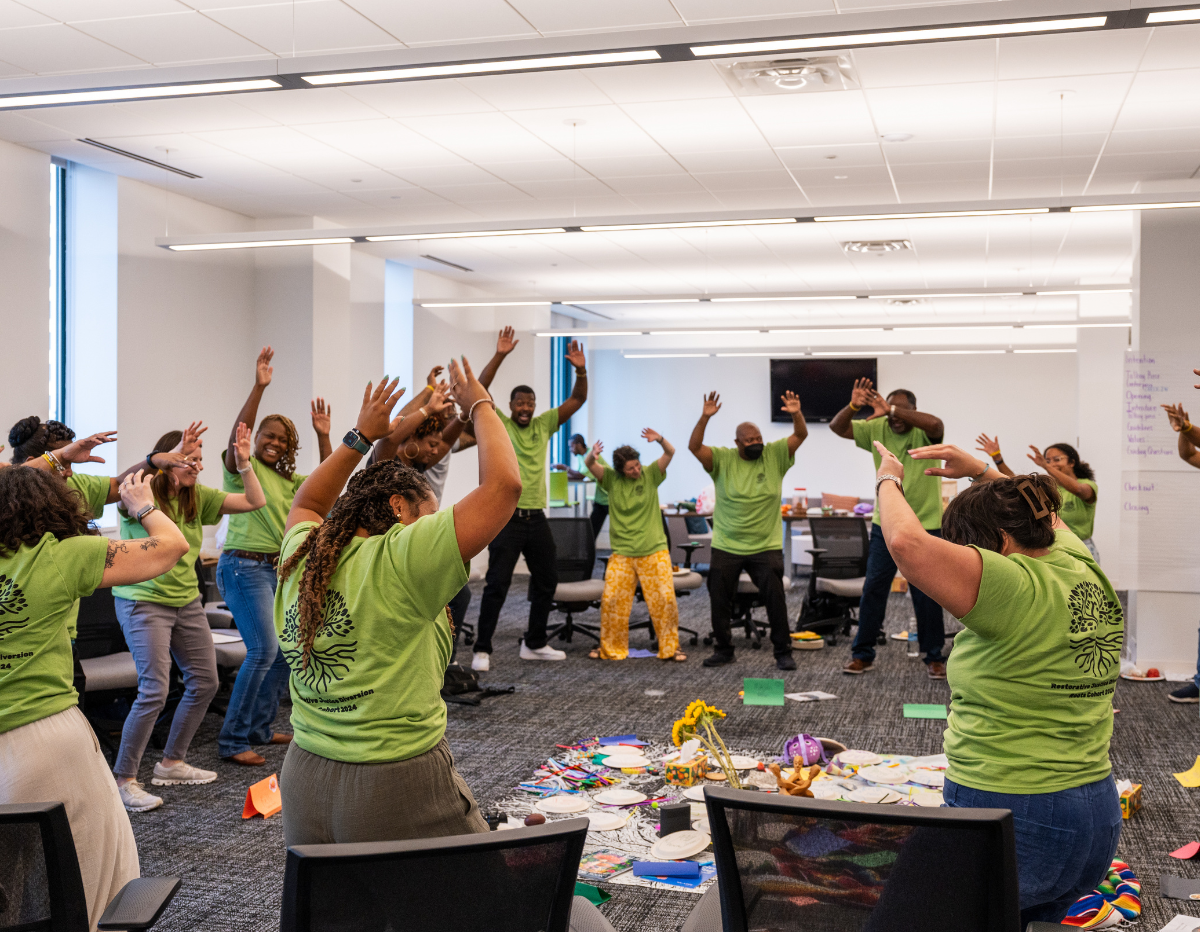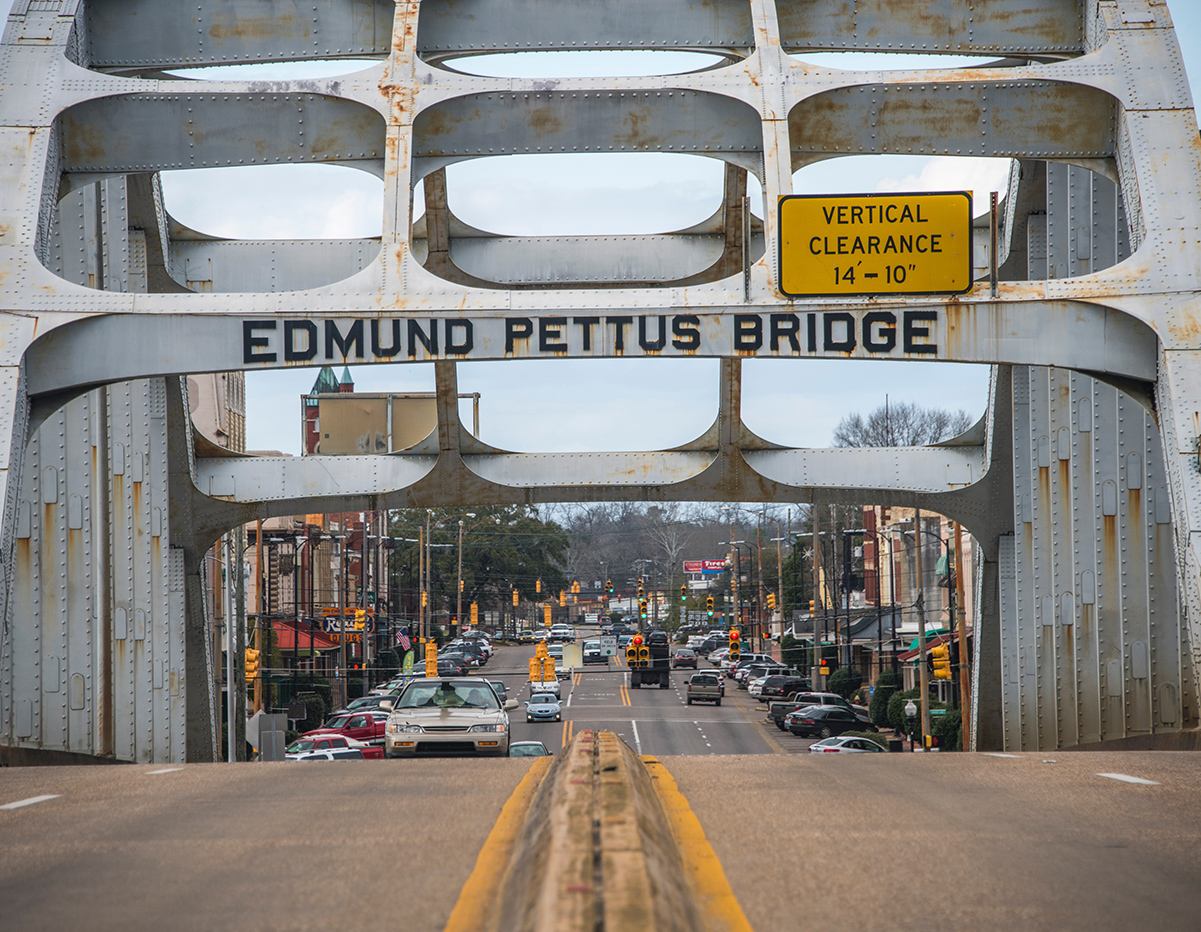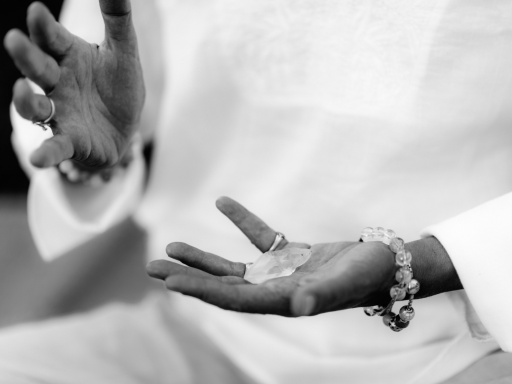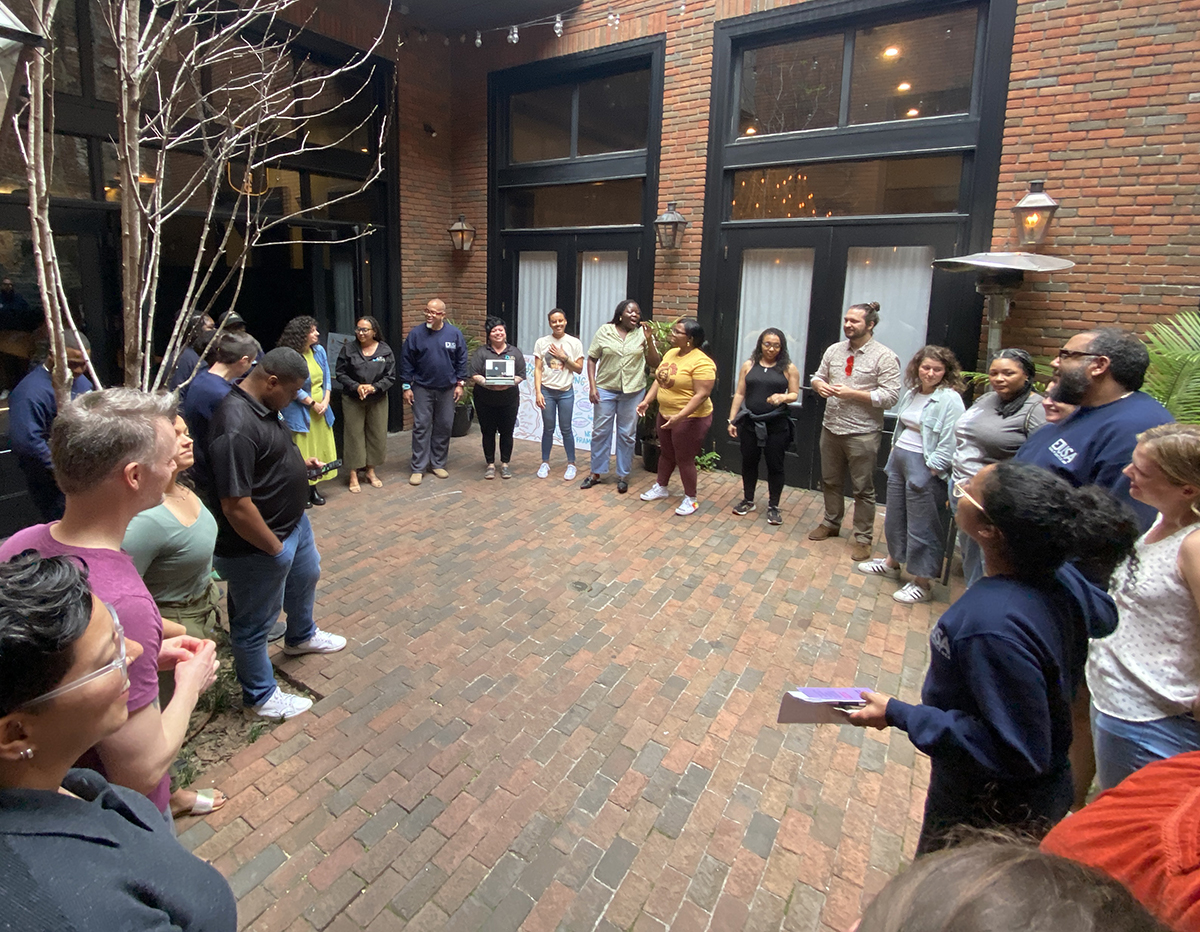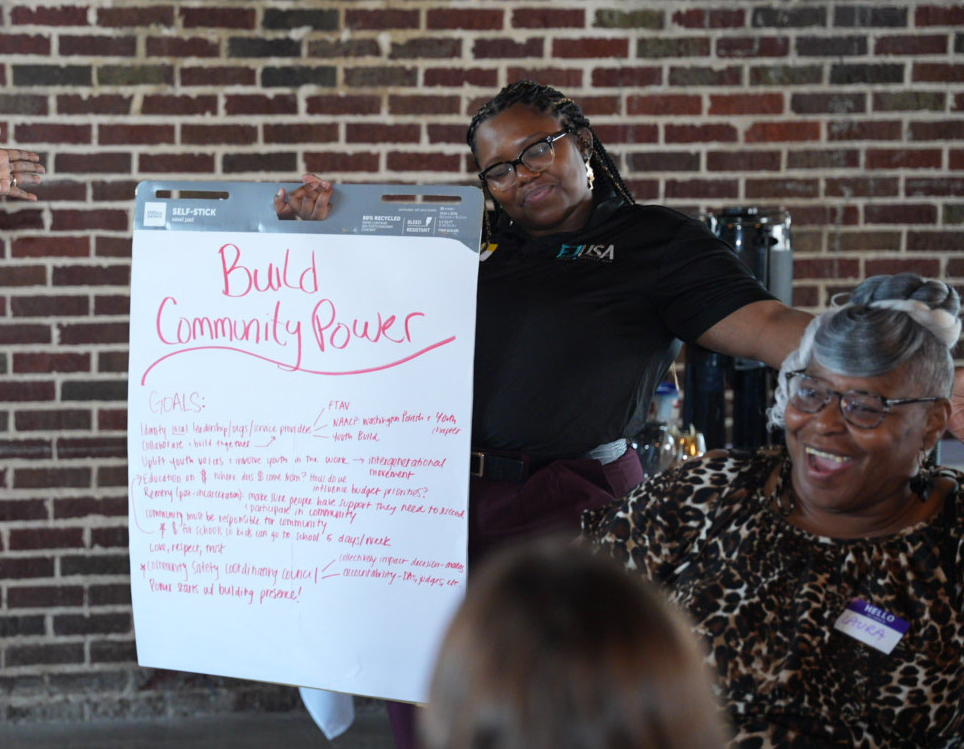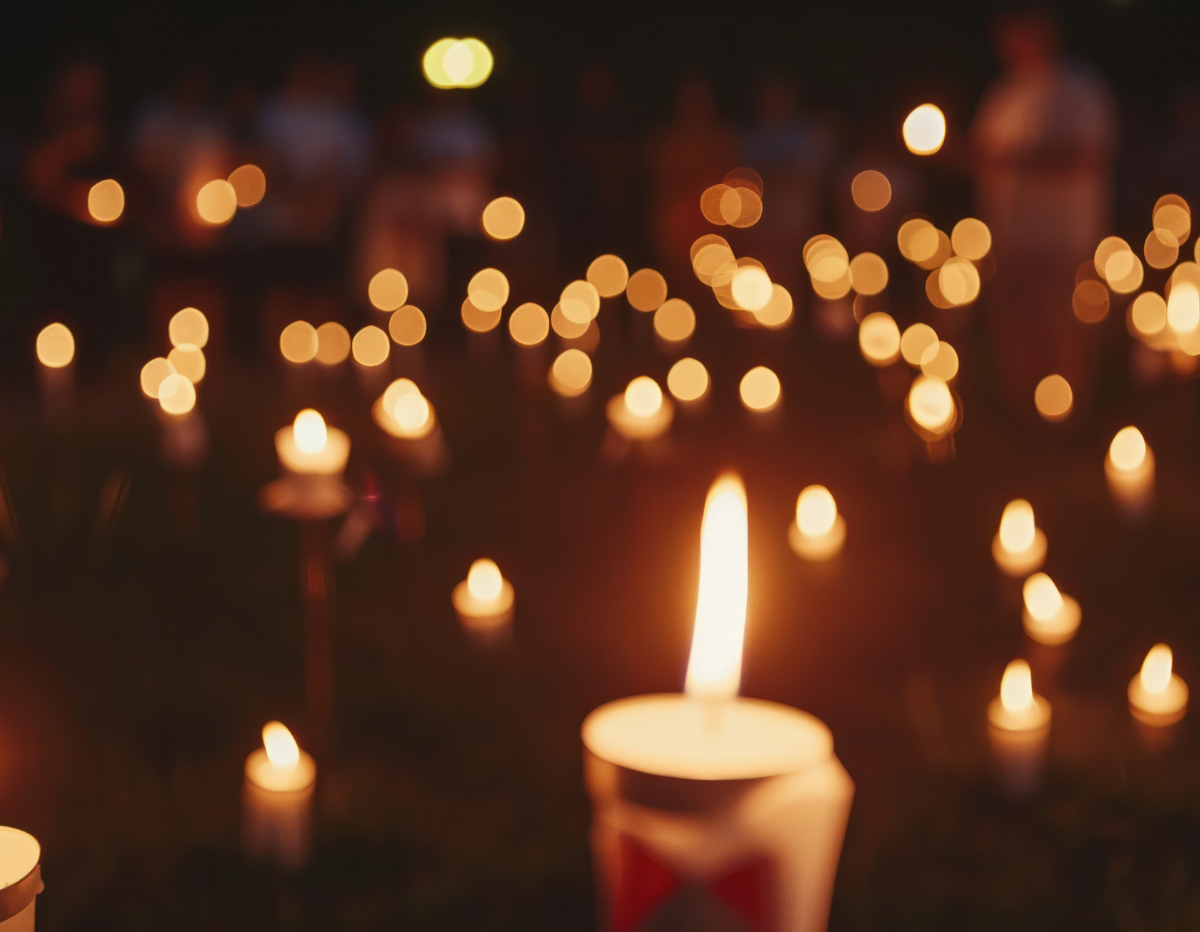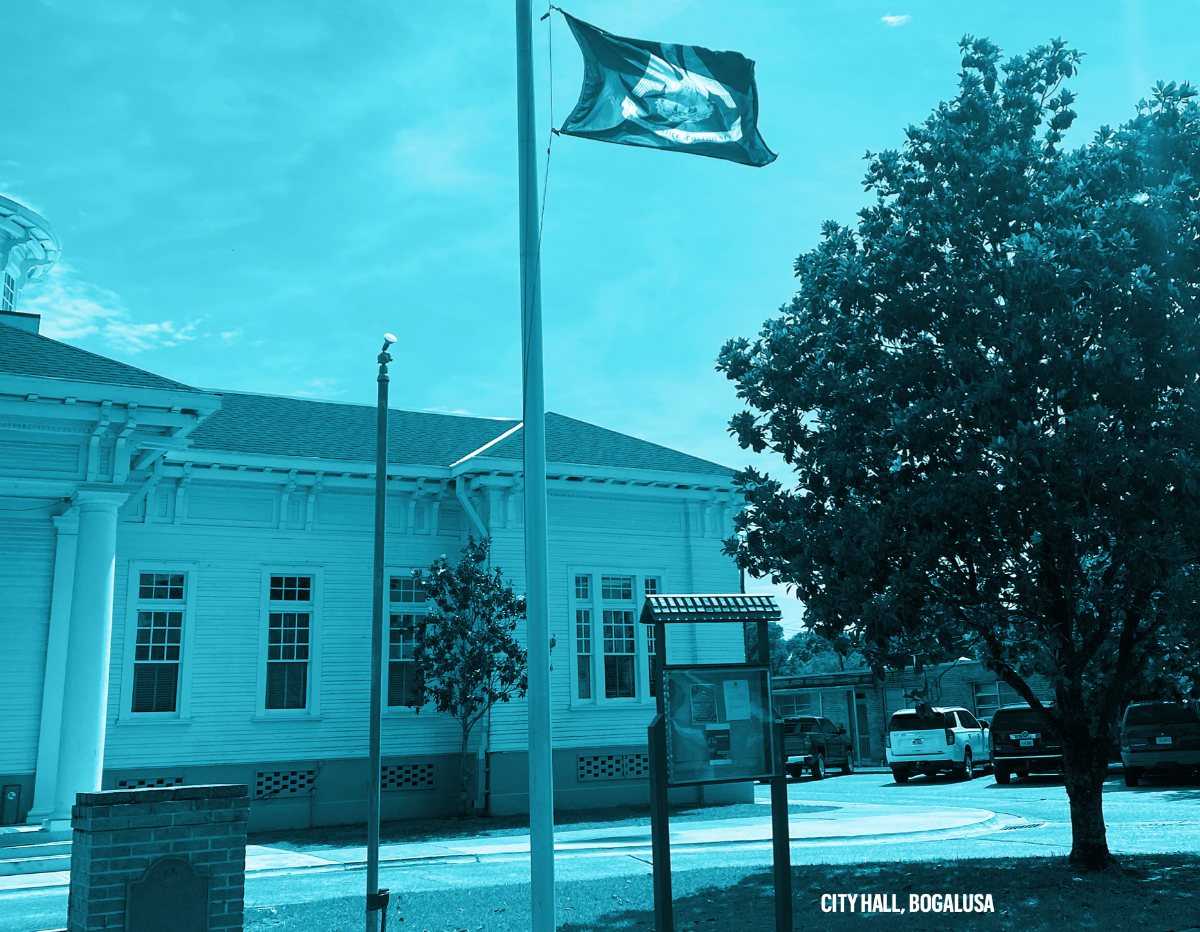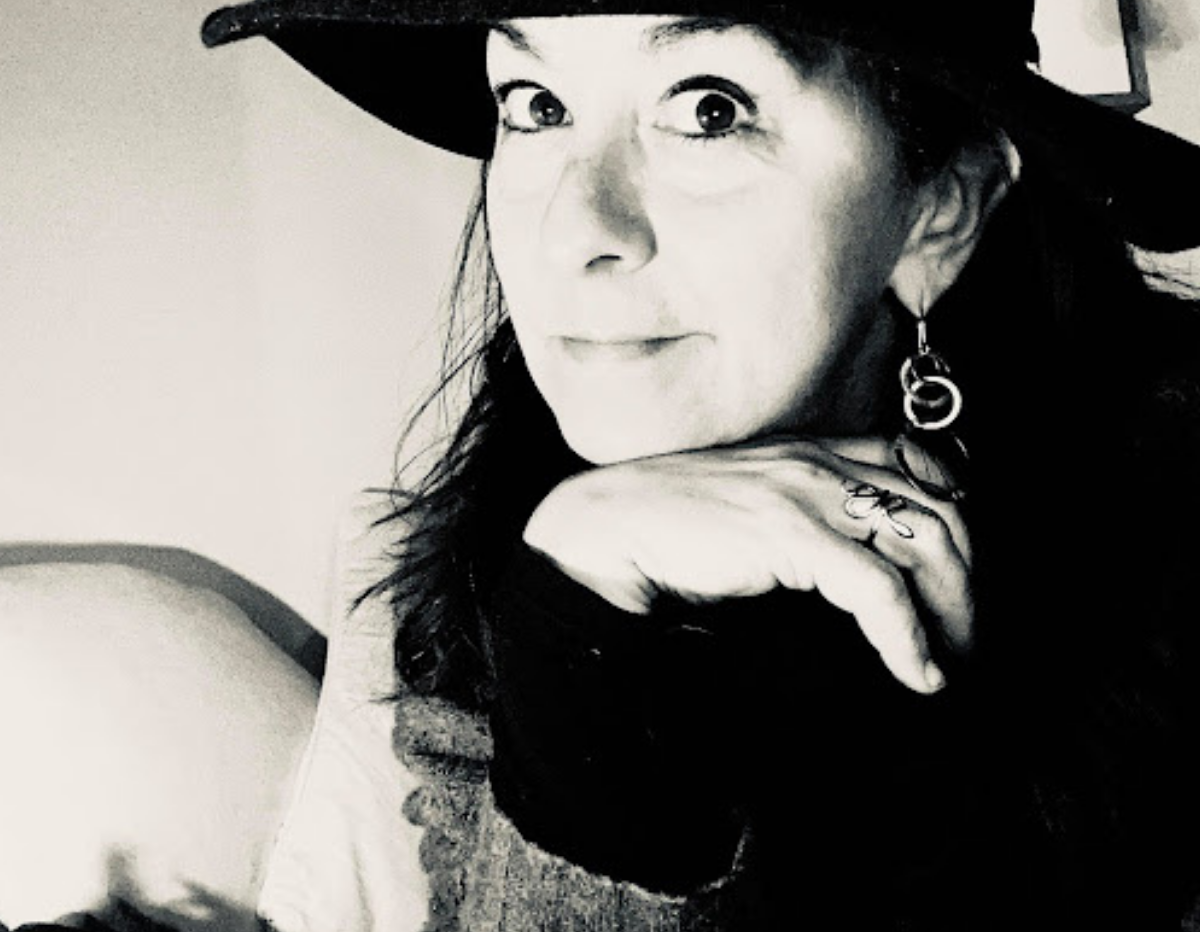Jen Pagan (she/her) is a Restorative Approaches Specialist with the Center for Restorative Approaches facilitating restorative circles and training school faculty and staff in restorative approaches. Sierra Scott recently sat down with Jen to talk about restorative justice practices and what it is like to facilitate restorative justice circles.
Can you describe what restorative justice means to you and how it differs from the traditional criminal legal system?
The traditional legal system says “you break this rule, you get this punishment.” And someone who is not involved or impacted decides whether you are guilty and what punishment you will receive. Restorative justice (RJ) is egalitarian and holistic – centered in empathy and focused on the needs of those involved. It is not investigatory in order to prove if you are innocent or guilty, rather the RJ process asks questions to get each person’s perspective on what happened and how people have been impacted by what happened to reach resolution or agreement by consensus. RJ aims to repair the harm that has occurred, not just dish out a punishment with a disregard to the needs of those impacted.
Every case has different people with different needs and there are unlimited strategies to get those needs met. RJ gives each person involved in the circle a say in how to get their needs met and how to repair the harm. It doesn’t rely on someone in power to dictate what needs to happen; it relies on the wisdom and experience of those directly involved to settle the matter based on what they need to move forward, have the harm repaired and to heal.
What are some of the ways you help individuals identify and articulate what they need to repair the harm they have experienced?
In the preparation process, through the restorative questions, I ask them questions and just listen. If needed, I ask more follow up questions to help them fully explore their thoughts and feelings to get to what they need to repair the harm done. I also give them space to reflect – sometimes it takes two or three prep sessions to figure it out and we don’t set any constraining timelines because each person moves through the process at a different pace and we honor each person’s journey.
What do you enjoy most about working with youth in conflict? How do you approach facilitating conflicts between young people?
Most conflicts with young people are based on misunderstandings or not knowing someone. I love witnessing the “aha“ moments when a young person in conflict realizes how their misunderstanding or misjudgment leads them to a certain thought which makes them feel negatively towards the other person which dictates their action towards that other person. My favorite question to ask them is ,“What could you have done differently?” and then seeing them make the connection between their thoughts, feelings and actions.
How do you address the cultural differences and unique backgrounds of the youth you work with to ensure their needs are met?
In preparation, we discuss anything that may be a factor in creating a safe space where everyone has an equal opportunity to express their perspective and what they need. I simply ask and honor their response. The RJ process is intentionally inclusive and will only bring people together if we can create a space where no additional harm will occur.
How do you adapt the restorative justice process to accommodate the dynamic needs of the person harmed, ensuring their voices are heard and respected?
There is no need to adapt the process – it is centered on the persons harmed and getting their needs met. We prep, prep, prep! We take our time with the prep step process, intentionally asking often what they need to feel comfortable in the circle and ensure they have support in the circle if needed and ask them if they would like to speak first – in addition to fully exploring what they need to repair the harm, heal and move forward.
How do you define an effective apology within the context of restorative justice? Can you share an example of a meaningful apology you’ve witnessed in a circle?
Apologies are very personal and need to feel genuine and authentic. You cannot force someone to apologize. Sometimes we practice them in prep before going to circle if someone struggles with offering apologies. Most people when they hear how someone has been impacted by their actions in a negative way shift from protecting themselves (out of fear of being punished) to empathy and the apology just flows. I’ve witnessed countless meaningful apologies in circles over the last 8 years so it is hard to choose one. But I will say that the most meaningful part of the circle for me is always the moment of silence before we transition from the “What Happened? & Who was affected and how?” section into the “What needs to happen to make things right or agreement” section. I’ll ask, “Is there anything that needs to be said that hasn’t been before we move on to making agreements?” And that is where the magic happens – meaningful, authentic, genuine apologies tend to take place here and you can feel the energy shift to healing happen.
How do youth typically respond to being held accountable in a restorative justice process as opposed to being punished?
The two most common observations I have both rely on the structure of the RJ process ensuring the needs of the participants are being met. They are:
- Their willingness to participate and/or accept responsibility for the harm they have caused is amplified when they are listened to and their experience is validated. I often get the response, “Thank you for listening,” or “No one ever listens when something happens and you actually listen to me.” This meets their need to be seen, heard, acknowledged and by having those needs met then their need for respect and fairness is also met.
- The other response I see is how quickly they experience empathy – whether giving or receiving it – when hearing the impact of the harm on others as well as hearing how the impact of harming someone else has on the person who is responsible for the harm. Once they understand the other person’s perspective and the impact of what happened, they typically shift to having empathy for one another and resolving the conflict and repairing the harm.
What practices or strategies do you employ for self-care to maintain your well-being while facilitating restorative justice processes?
As facilitators, we take time to debrief with one another – particularly on tough cases. It’s helpful to have someone listen to you and give you perspective if needed. But mostly, it helps you let go of the emotions you have been holding for others and helps you feel supported in the process. Often when I finish a long day of prep or I am feeling emotionally drained from prepping participants or facilitating a circle, I take a half hour walk as soon as possible after I am done.
Each facilitator has their own way of decompressing and practicing self-care but I think the main tool I employ is mindfulness so I am acutely attuned to when I need to amp up the self care. For me, maintaining my own well being is being intentional with what I need in the moment which is why mindfulness is so key to my self-care. It helps me discern what would be most impactful in the moment to feel centered and my personal strategies include dancing, a nap, working with my hands – like making homemade pasta or gardening, getting a massage or pedicure, playing with my dog, playing tennis, watching the sunset on the bayou or riding my Vespa at the lake.
